Gender Based Crime Watch in Guadalajara 
This project was realized using open data by IIEG public’s service
December, 2023
Author: Manuel Solano
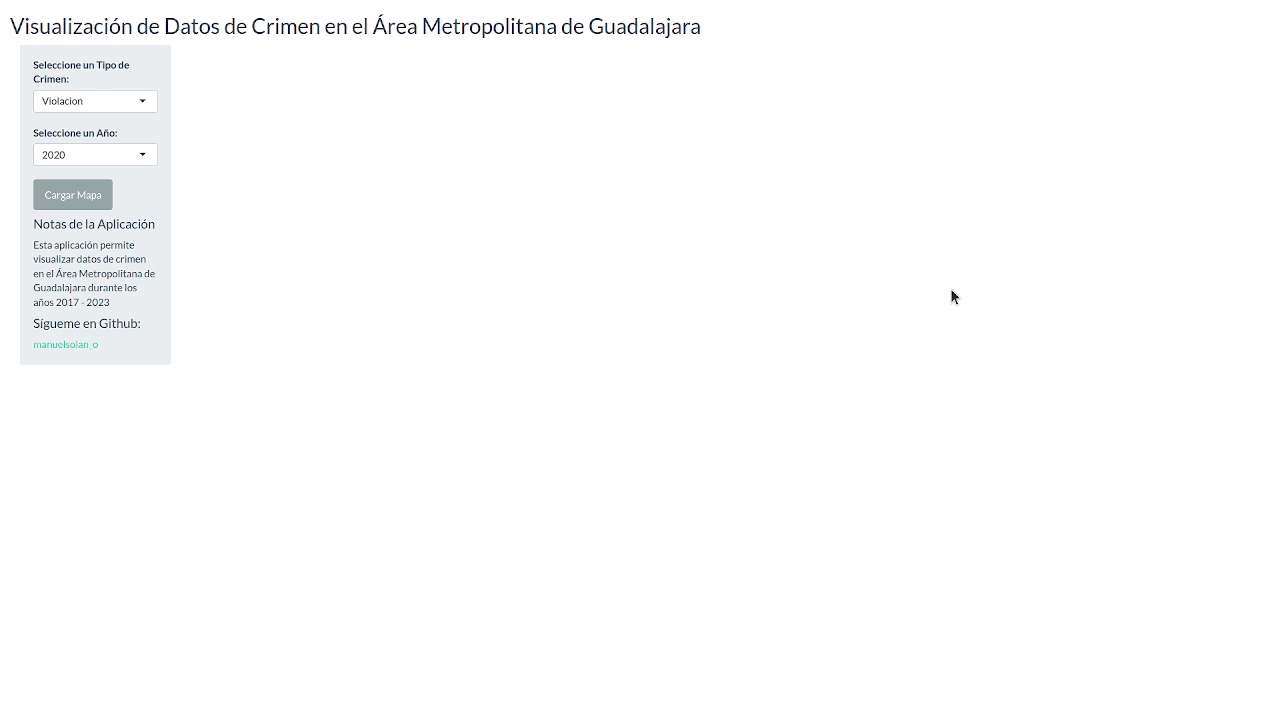
Gender-based violence in Mexico is a deeply concerning issue, characterized by its widespread nature and profound impact on society. This violence, predominantly against women and girls, manifests in various forms including domestic abuse, sexual assault, and the alarming rate of femicides – the murder of women due to their gender. Rooted in a complex interplay of cultural, economic, and institutional factors, gender-based violence in Mexico is perpetuated by entrenched gender inequalities and societal norms that often normalize or overlook such violence.
This app enhanced awareness and vigilance among the community members play a crucial role in narrowing the divide between raw data and practical, lifesaving actions. Standing as a testament to the impactful role of data science in societal betterment, this project underscores the potential of technology in tackling pressing issues like public safety and gender-based violence.
Rebalancing Bike Sharing System Dashboard 
This project was realized using open data by MiBici public’s service
October - November, 2023
Author: Manuel Solano
MiBici service, operating in the Metropolitan Area of Guadalajara, is a public transportation system centered on a network of shared bicycles. The primary goal of Shared Bicycle Systems is to improve connectivity within public transportation networks and extend coverage in urban transport. The success of these systems hinges on efficient rebalancing, although challenges such as demand prediction and route planning are encountered. The project’s central focus lies in two core elements: forecasting bicycle demand and strategically allocating bicycles to each station. Predicting demand allows for proactive adjustment to user needs, optimizing bicycle distribution, while strategic allocation ensures service availability and accessibility by maintaining the appropriate number of bicycles at each station to meet anticipated demand.
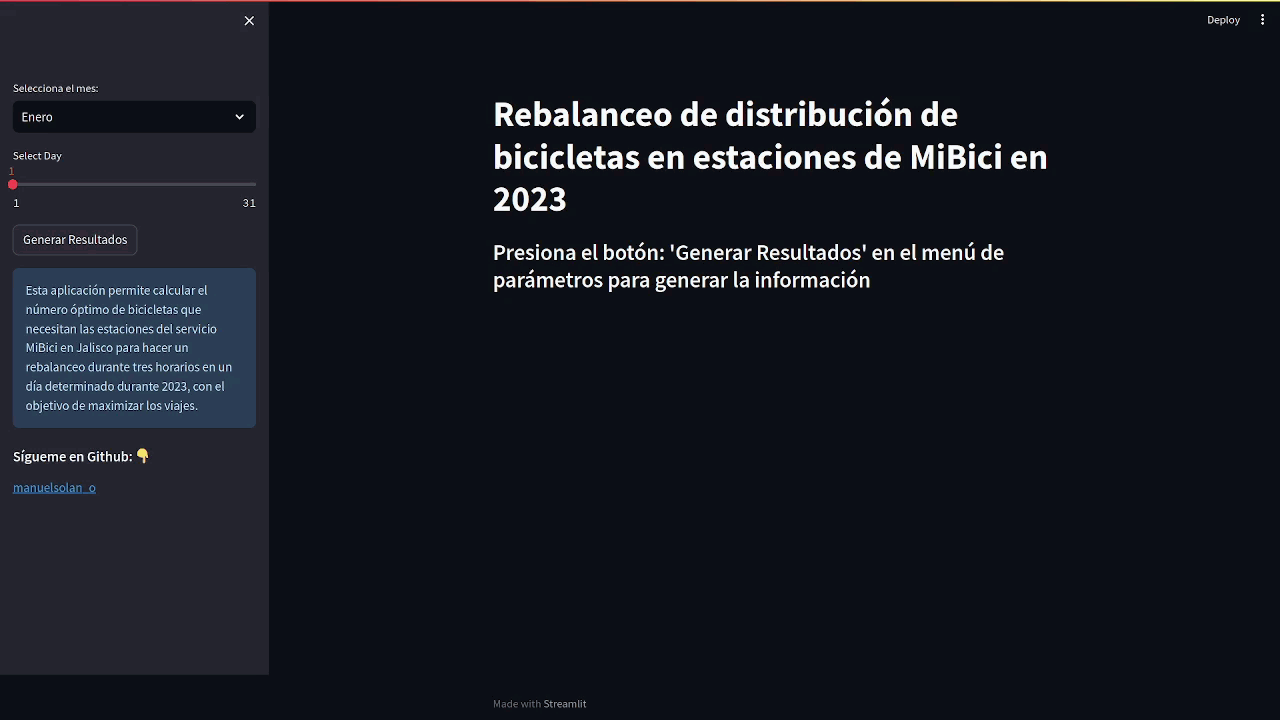
Blog: Clustering of Images with Self-Organizing Maps 
November, 2023
Author: Manuel Solano
In this blog, we will delve into the application of two classic unsupervised learning models: Self-Organizing Maps (SOM) across three diverse datasets—Fashion-MNIST, Satellite Photographs, and Images of Objects (Vegetables). Each dataset poses unique challenges, thus providing an opportunity to assess the models’ effectiveness in different domains.
We will explore how Self-Organizing Maps, an unsupervised learning technique, can capture complex patterns and represent the underlying structure of data in varied contexts such as fashion, satellite observation, and vegetable object classification.
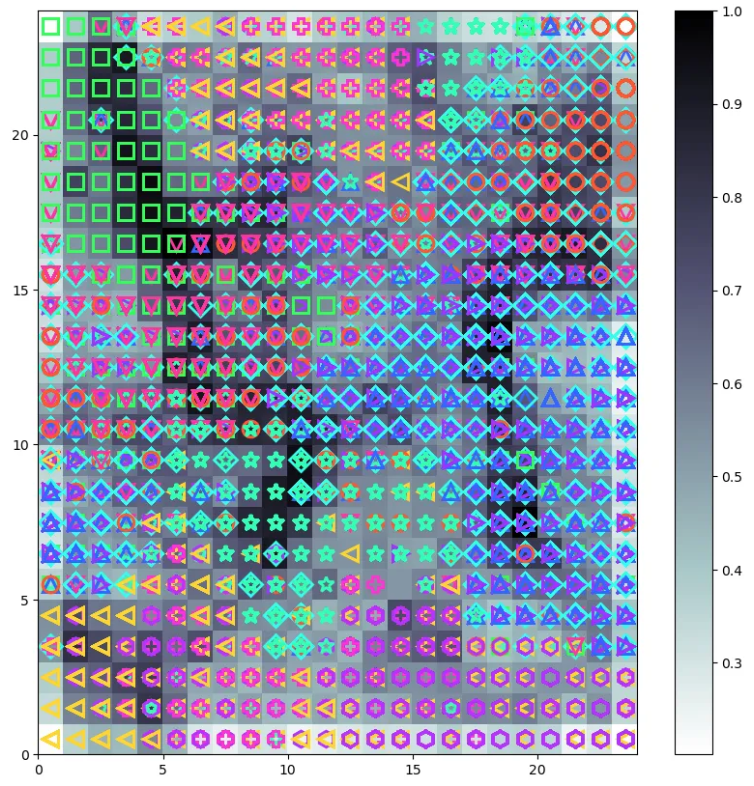
Photo: Own elaboration
Predicting product demand using Markov chains 
This project was developed in collaboration with Medicom, a business unit of Grupo PISA.
September, 2023
Authors: Manuel Solano, Alejandra Velaco, José Carlos Yamuni, Antonio Juaréz, Mayra de Luna
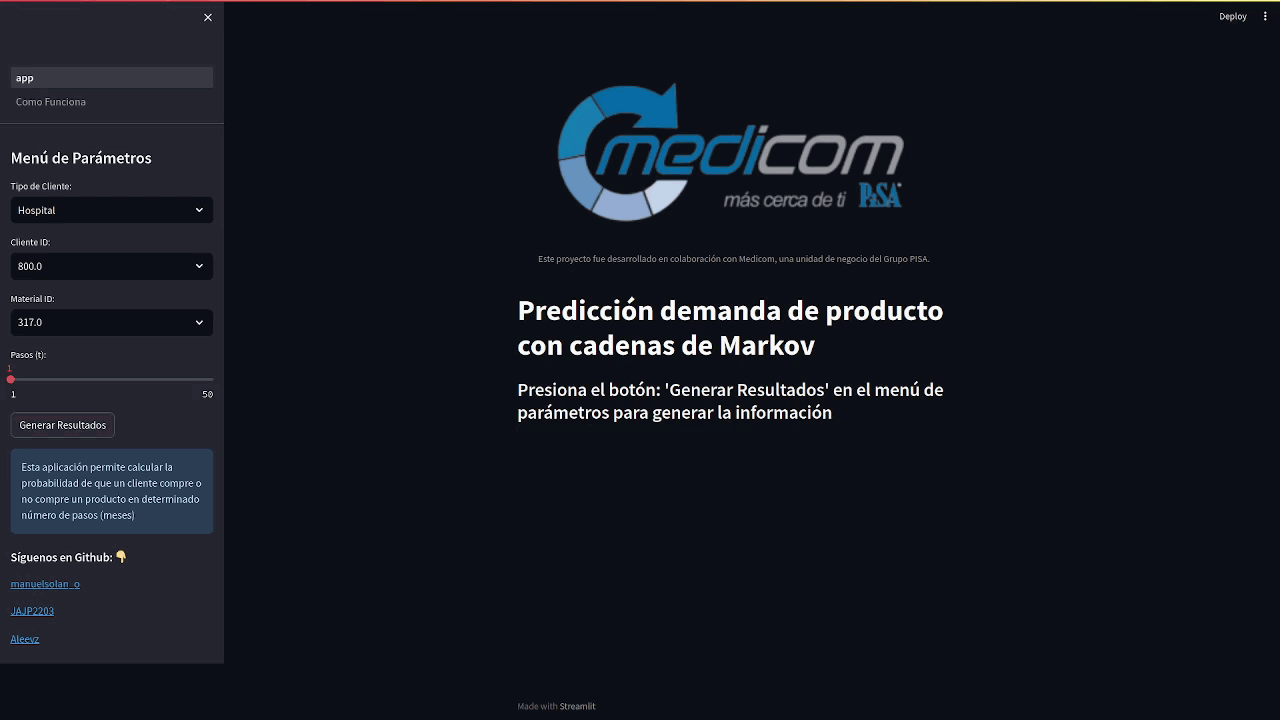
The objective of this project is to analyze the probability of each customer discontinuing the purchase of each product and, in the event that the products are deactivated, to understand the probability of customers repurchasing these products. Furthermore, the aim is to analyze the data in order to formulate various hypotheses and thereby gain insights into different customer patterns and behaviors.
Transportation Analysis in Mexico with Bayesian Networks 
This project used data from the National Mobility and Transportation Survey conducted by The Institute of Legal Research at UNAM
August, 2023
Authors: Manuel Solano, Alejandra Velaco, José Carlos Yamuni, Antonio Juaréz, Mayra de Luna
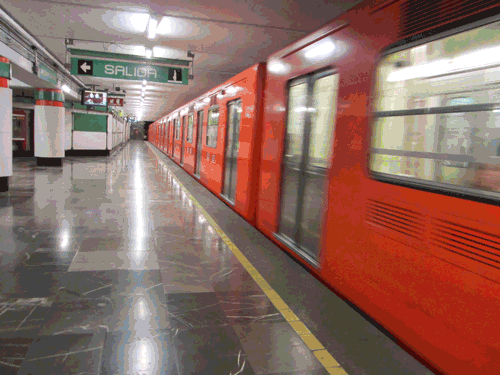
Photo: Inmobiliare
The primary goal of the study was to gather detailed information on the various modes of transportation employed in Mexico. Additionally, the project aimed to assess the efficiency and safety of public transportation systems. The data collected played a crucial role in providing evidence to support the development of informed public policies related to urban development. Bayesian Networks, a statistical model that represents probabilistic relationships among a set of variables, were employed in the analysis. These networks use Bayesian probability to model uncertainty and dependencies among variables, offering a powerful tool to uncover intricate patterns and insights within the complex dynamics of transportation data.